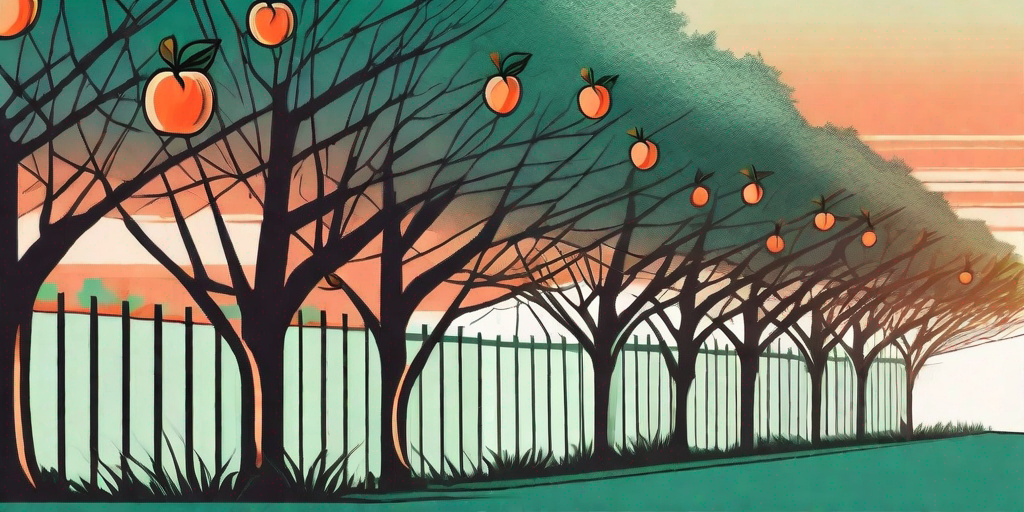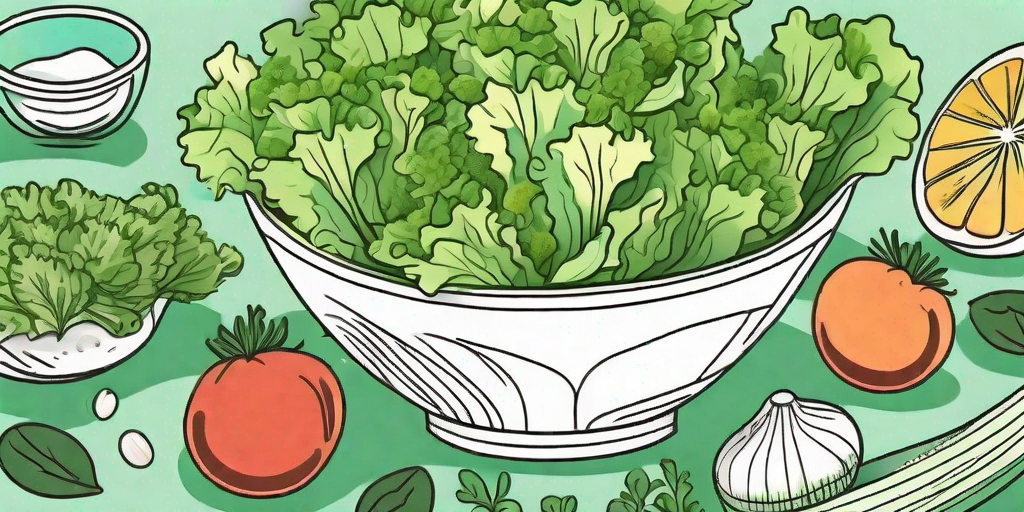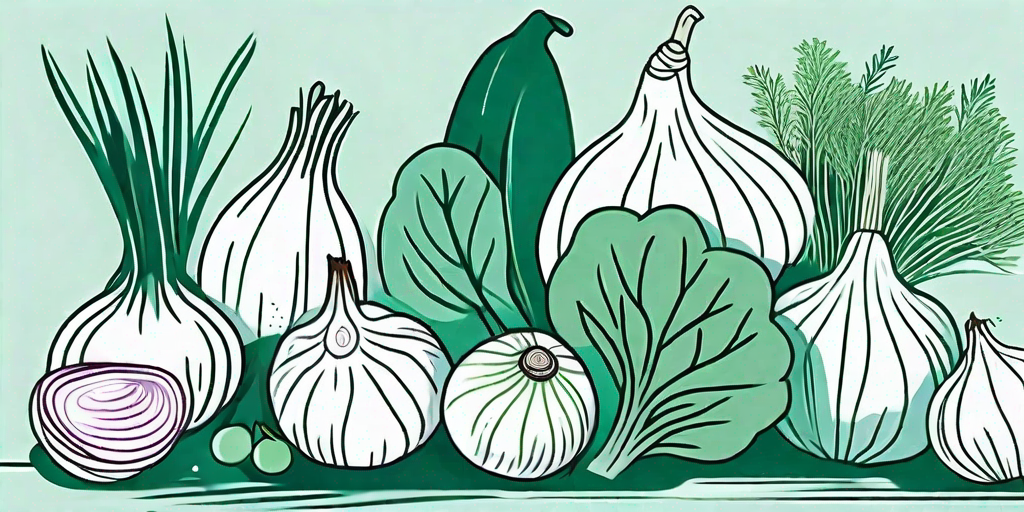
Pecans, the buttery-flavored seeds that we can't seem to get enough of. Whether you're a fan of pecan pie, pecan pralines, or just enjoy them straight out of the shell, there's no denying the allure of this delightful nut. But how much do you really know about pecan seeds? Let's dive into the world of pecans and discover everything there is to know about this tasty treat.
The Pecan: A Nutty History
Before we can truly appreciate the pecan, we need to understand its roots. The pecan tree is native to the southern United States and Mexico, and has been a part of the human diet for thousands of years. Native American tribes, particularly in the Mississippi Valley region, were the first to discover the deliciousness of the pecan and incorporated it into their diets.
Fast forward to the 16th century, when European explorers were introduced to the pecan by Native Americans. The pecan quickly became a popular food source for these explorers, and they began to export the nut back to Europe. Today, the United States is the largest producer of pecans in the world, with Georgia leading the way as the top producing state.
What's in a Pecan?
Aside from being downright delicious, pecans are packed full of nutrients. They are an excellent source of healthy fats, protein, and fiber. They also contain significant amounts of vitamins and minerals, including vitamin A, vitamin E, and potassium.
But that's not all. Pecans are also rich in antioxidants, which help protect the body against damage from harmful free radicals. So, not only are pecans a tasty snack, they're also a smart choice for your health.
The Nutritional Breakdown
Let's get a little more specific about what's inside these tasty morsels. A one-ounce serving of pecans (about 19 halves) contains:
- 196 calories
- 20 grams of fat
- 3 grams of protein
- 4 grams of carbohydrates
- 3 grams of fiber
- 1 gram of sugar
As you can see, pecans are a high-fat food, but don't let that scare you away. The majority of the fat in pecans is monounsaturated fat, which is considered a "good" fat that can help lower bad cholesterol levels.
Cracking the Shell: How to Harvest Pecans
Now that we've covered the history and nutritional value of pecans, let's get to the fun part: harvesting them. If you're lucky enough to have a pecan tree in your backyard, you're in for a treat. Harvesting pecans can be a fun and rewarding experience.
First things first, you'll need to wait until the pecans are ripe. This usually happens in the fall. You'll know the pecans are ready to harvest when the husks on the nuts begin to split open.
The Harvesting Process
Once the pecans are ripe, it's time to start harvesting. Here's a step-by-step guide on how to do it:
- Wait for the pecans to fall from the tree. You can shake the branches to help speed up the process, but be careful not to damage the tree.
- Once the pecans have fallen, gather them up. This can be a fun activity for the whole family!
- After you've collected the pecans, you'll need to remove the husks. You can do this by hand, but be careful as the husks can be sharp.
- Once the husks are removed, let the pecans dry out for a few weeks. This will make them easier to crack open.
- After the pecans have dried out, it's time to crack them open and enjoy!
FAQs About Pecans
Now that we've covered the basics, let's tackle some frequently asked questions about pecans.
Are pecans and walnuts the same?
No, pecans and walnuts are not the same. While they may look somewhat similar, they come from different types of trees and have distinct flavors. Walnuts have a slightly bitter taste, while pecans are known for their sweet, buttery flavor.
Can you eat pecans raw?
Yes, you can eat pecans raw. In fact, eating them raw is one of the best ways to enjoy their natural flavor and reap their health benefits. However, you can also roast them to bring out a deeper, more complex flavor.
Are pecans good for you?
Yes, pecans are good for you. They are high in healthy fats, fiber, and protein, and are a great source of vitamins and minerals. They also contain antioxidants, which can help protect your body against damage from harmful free radicals.
Conclusion
There you have it, everything you need to know about pecans. From their rich history to their nutritional value and how to harvest them, we've covered it all. So the next time you crack open a pecan, take a moment to appreciate the journey it's been on. And remember, not only are you enjoying a delicious snack, you're also doing something good for your health.










